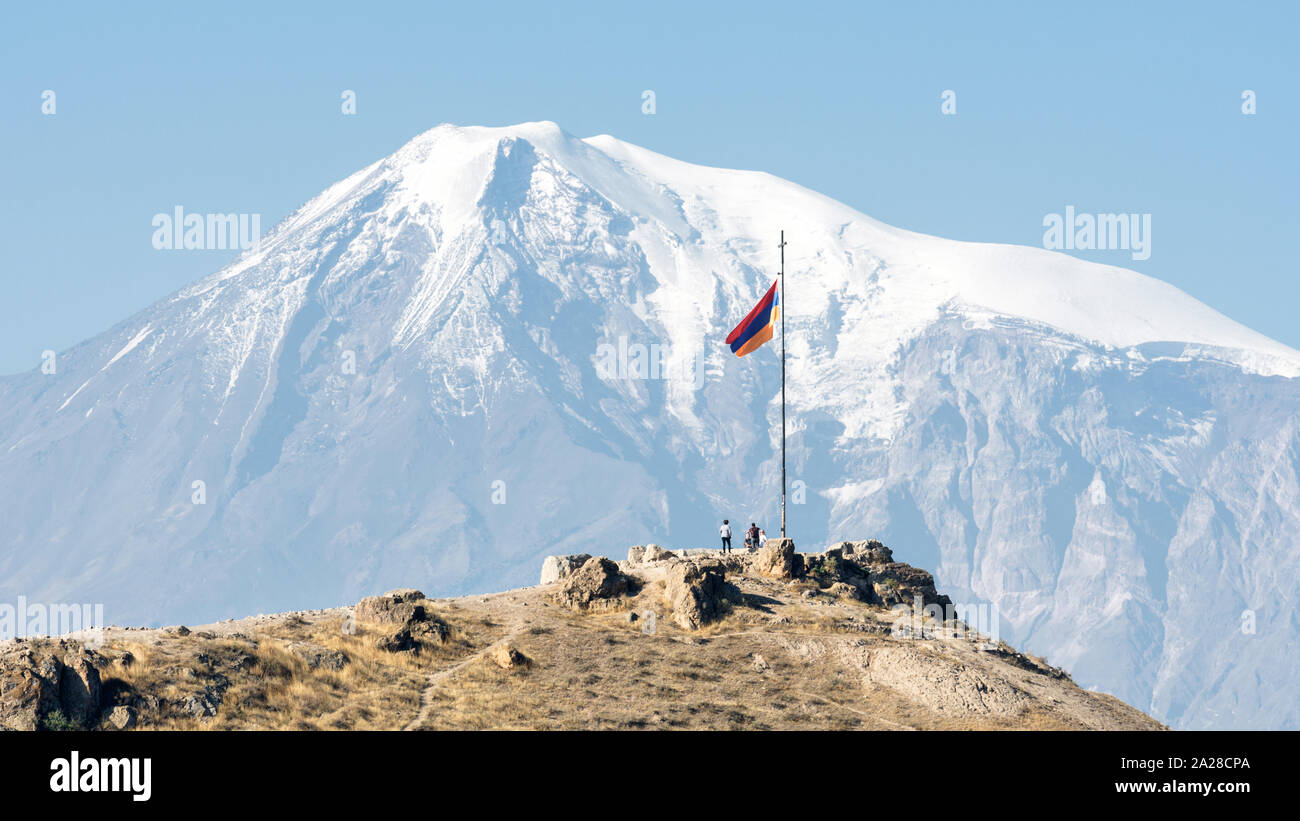
In a major symbolic change, Armenia has removed the image of Mount Ararat – one of key national symbols - from new border stamps.
The decision signed by Prime Minister Nikol Pashinyan on September 11, will be effective starting from November 1. The updated border stamps will only carry practical information about the border crossing, data, and entry or exit symbols. Due to its historic and cultural significance, the removal of Mount Ararat from border stamps has sparked criticism among the country’s opposition, with some accusing the government of weakening national symbols. Elinar Vardanyan from the Armenia Alliance argued that the government’s decision “raises concerns about the preservation of Armenian identity and symbols of the state.
The government argued that the removal of Ararat was a practical modernization aligned with international standards. “The justifications for the decision are very simple: the stamps have been brought into line with the modern requirements for border crossings, as well as the ideology of the Real Armenia’, wrote Arsen Torosyan, a prominent member of the ruling Civil Contract party.
The “Real Armenia” ideology was first introduced by Prime Minister Nikol Pashinyan in April last year. In a historic address to the parliament, Pashinyan insisted that Armenians must accept modern Armenia within its current borders. Without giving direct reference, but implying to Russia, Pashinyan also said the Nagorno-Karabakh conflict with Azerbaijan had been used for keeping Armenia “on a leash” and to prevent Yerevan’s attempts at acting as an independent and sovereign state”.
Pashinyan’s government will also change the country’s court of arms, which also contains Mount Ararat. Armenian Parliamentary speaker Alen Simonyan proposed to change the court of arms in January 2024, alongside the national anthem, however did not explicitly mention the removal of Mount Ararat.
Located in eastern Turkey, Mount Ararat borders Armenia, Azerbaijan and Iran. The mountain is visible from Armenian capital Yerevan and holds a deep cultural and historical importance for Armenia. Turkey views Armenia’s cultural and historical endorsement of Ararat with suspicion and sometimes as an indication that Yerevan does not accept Turkish borders established by the Treaty of Kars of 2021.
Comments
Leave a Reply
Your email address will not be published. Required fields are marked *